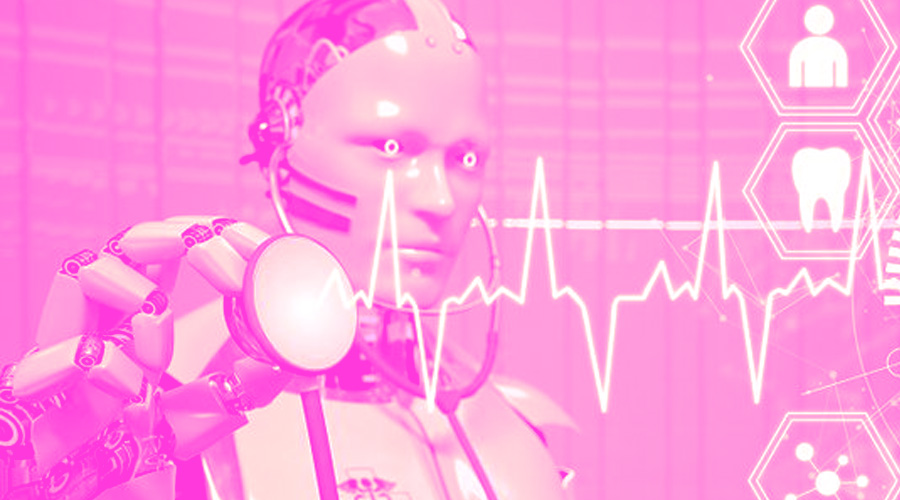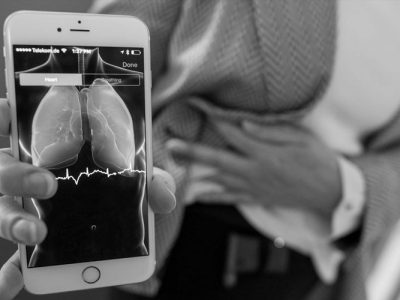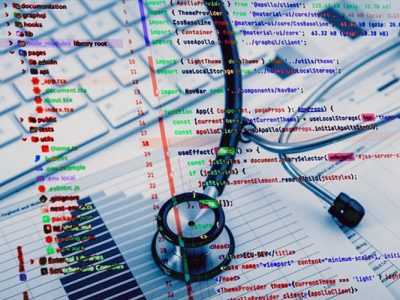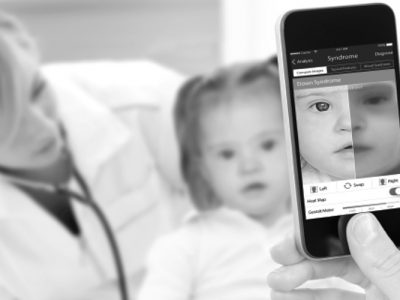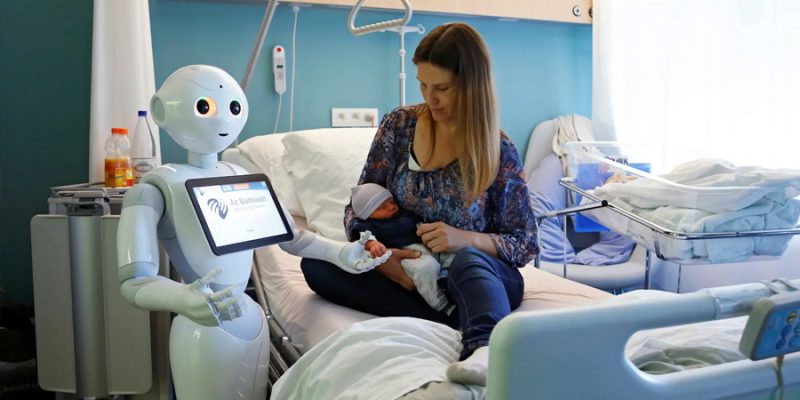
Smart hospitals equipped with advanced healthtech is preventing numerous medical fallacies
Every year, many patients die or face critical medical conditions due to the medical fallacies that unfortunately occur abruptly. Honestly, one cannot blame anyone for mishaps that are not predictable or voluntary. Experts are embracing the deployment of AI as a smart technology in healthcare organizations. Because of its capability to apprehend and prevent tragedies that are rooted in manual negligence. Smart hospitals enhance the efforts while increasing accuracy and decreasing medical fallacies.
The Requisite
The characteristic of smart hospitals in medical error reduction is acknowledged for their efficiency. Smart sensors, machine learning algorithms, and computer-vision applications significantly control the day-to-day activities in all hospitals. In the recent past, we have seen a number of instances where multiple patients died due to causes related to oxygen cylinders as the hospitals kept filling in by Covid-19 patients.
Sensor Solutions
The sensed data generated by the smart technologies are converted into medical insights by machine learning and deep learning algorithms manifesting advanced healthtech. This further adds up to the large sets of healthcare data to empower manifold other smart hospitals across the industry. There is a tremendous contrast between self-driven applications and manual labor, this signifies the glaring loopholes that the human hands manifest. Smart hospitals when accomodating AI, consider every sphere of healthcare to be monitored by them.
Ranking Movement
As the sensor solution penetrates deeper into every kind of activity in the smart hospital, it also keeps a closer eye on critical care patients. Continuously, physicians suggest ICU patients a certain level of mobility as this yields faster recovery. The sensor solution powered by AI detects the rate of movement in a patient and predicts their recovery timing.
Secondary Benefits
Small habits and manners associated with physical well-being are enormously responsible for wholesome public health. Often these little habits end up being the sole cause for an outbreak such as the ongoing pandemic. The convolution neural networks involved in smart technology make smart hospitals assess and notify healthcare providers about their use of sanitizers before and after visiting a patient. Beyond smart hospitals, smart technologies such as wearables also reduce the risk of entering into the worst phase of disease significantly early. These wearables track medicine compliance, degree of physical activities, and sleep to determine overall health.
Privacy Assurance
With growing cybersecurity threats and personal data breaches, developers have become more and more vigilant about incorporating robust privacy settings. This alleviates the risk of personal identity and private information being exposed to public visibility on the web. Besides, the emergence of federated learning is proving to be an additional advantage in protecting data and its confidentiality.
Collaborative Decision-Making
While building these applications for smart hospitals and embedding advanced healthtech in them, one should not neglect further ambitions into making more fine-grained activities possible through smart technologies in healthcare. An inclusive effort always pays off, and have included all the stakeholders in the planning process can be highly fruitful. Along with clinicians and physicians, patients, government, pharmacists, and community healthcare workers must also be accommodated. By this greater empowerment and enhancement can be achieved.



